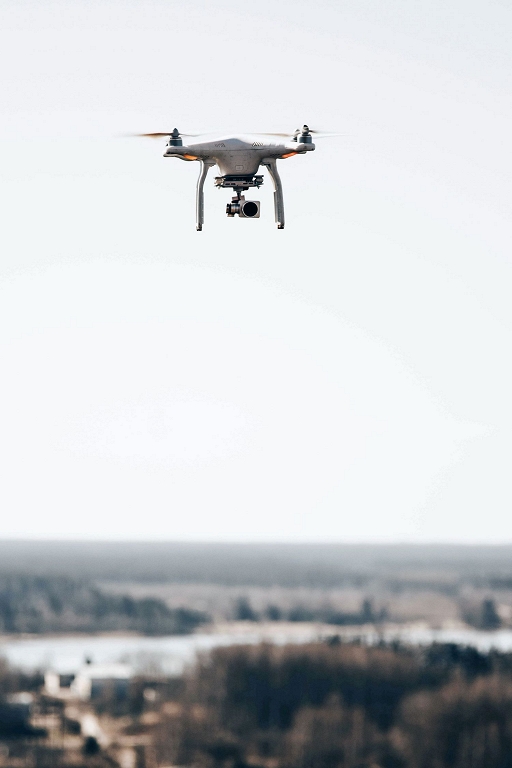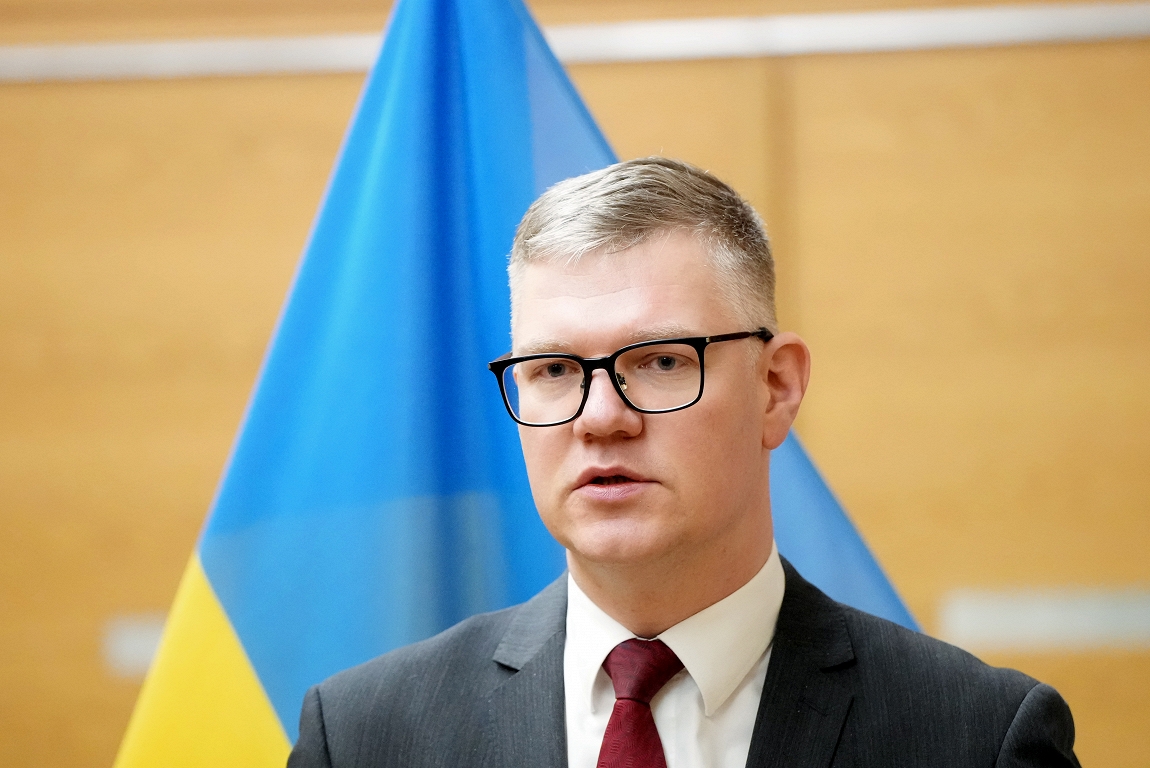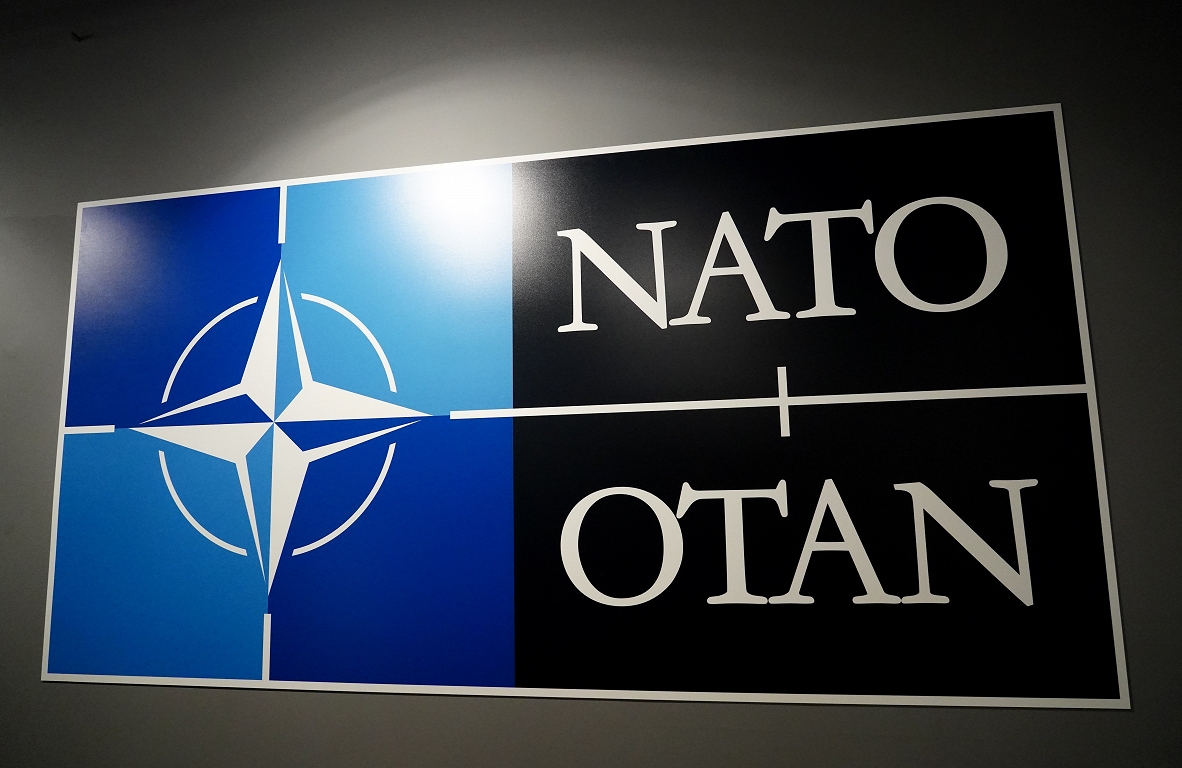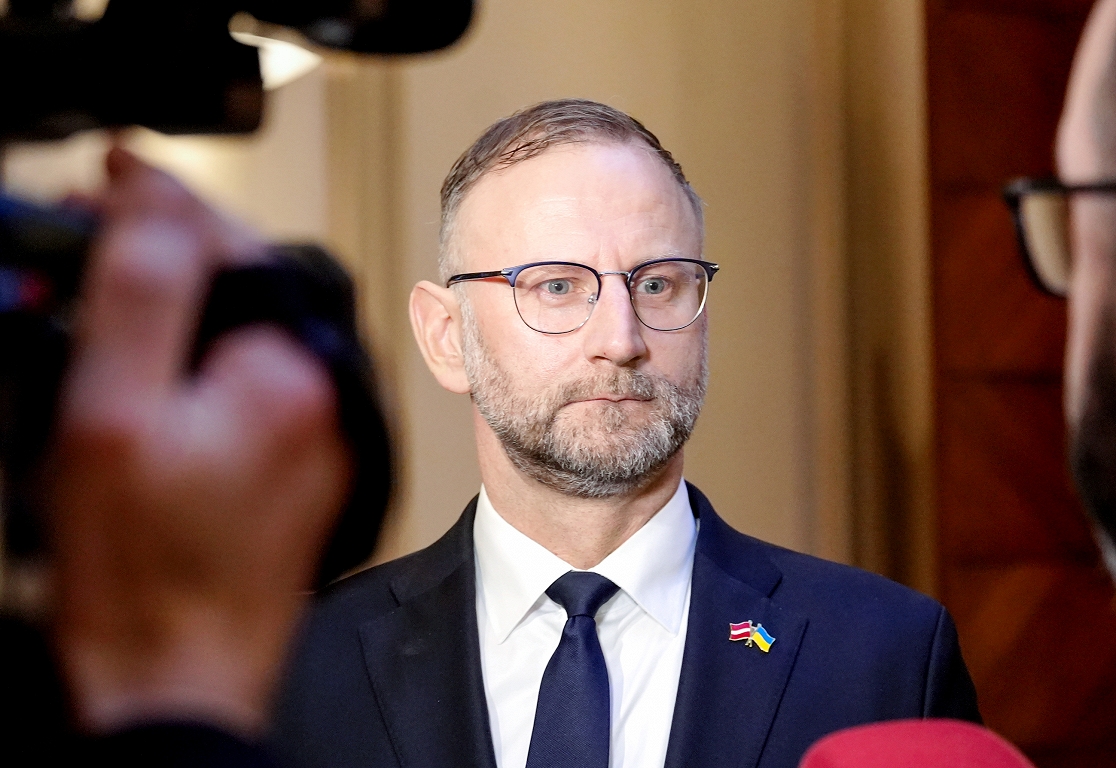The Saeima Commission conceptually supports the guards of critical infrastructure objects to grant the right to capture or destroy drones / day

Such a proposal was proposed by the Ministry of Economics (EM), which argued that with the development of technology air drones, unmanned shipping equipment and land vehicles can be used for attacks on critical infrastructure, such as moving explosives. These drones can also be used for uncontrolled intelligence.
One of the biggest problems in practice – by identifying the air drone at a critical infrastructure object, it is not possible to determine the reasons for its flight, namely whether the aim of the flight is malicious, whether the drone is in negligence or the pilot does not know the regulatory framework.
To prevent such a situation, the MoE has offered to expand the right of security guards of A, B and C critical infrastructure to capture, sit, damage or destroy unmanned funds.
In order to implement such a solution, it is planned to make changes in other laws in parallel.
At the same time, the Saeima Commission today supported amendments to the National Security Law for the second reading, which prohibits Russian and Belarusian citizens in the bodies of critical infrastructure and European level in the structures of critical infrastructure.
The critical infrastructure is objects, systems or parts thereof in Latvia, which are essential for the implementation of important functions of society, as well as to ensure human health, security, economic or social well -being.
Similarly, the amendments provide that Russia or Belarus, its citizens or legal entities registered in Russia or Belarus will not be able to become a critical infrastructure or European -wide particular infrastructure owner, possessor or true beneficial owner, as well as Russia or Belarus will be prohibited from holding critical infrastructure and European in structures.
The amendments provide that Russian and Belarusian citizens will not be able to be employed or provided in critical infrastructure or at European level in a particularly important critical infrastructure if the service provides access to critical infrastructure functioning or technological equipment.
The amendments provide that Russian or Belarusian citizens will be able to carry out work in critical infrastructure or in the critical infrastructure of Europe, exceptionally, with a separate permit to the national security authority.






